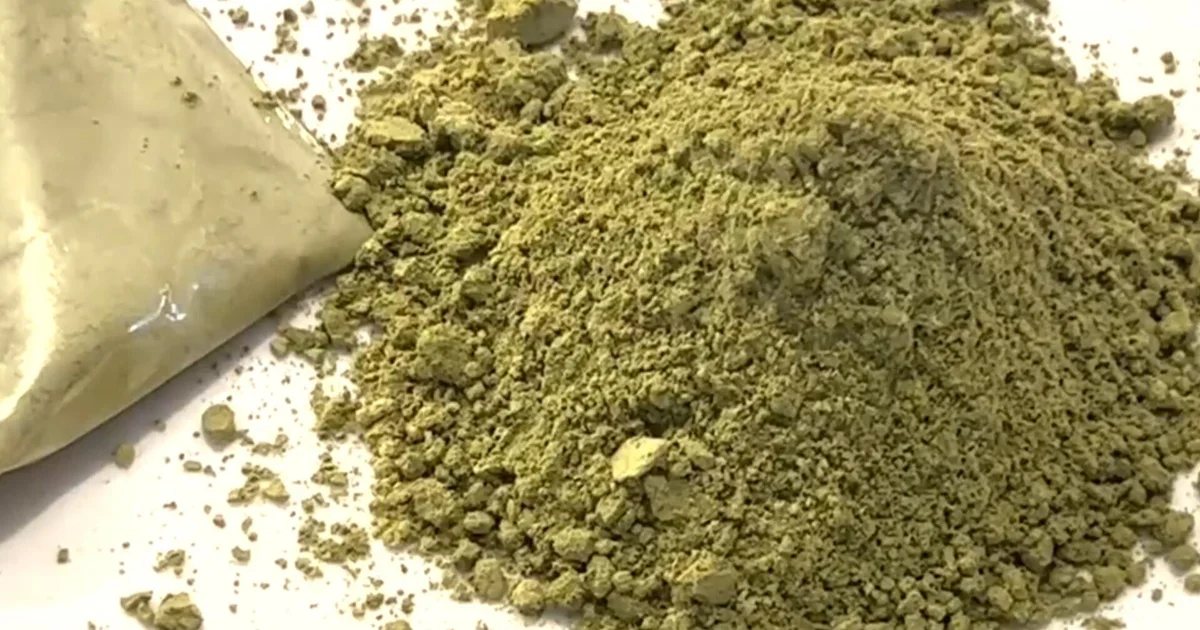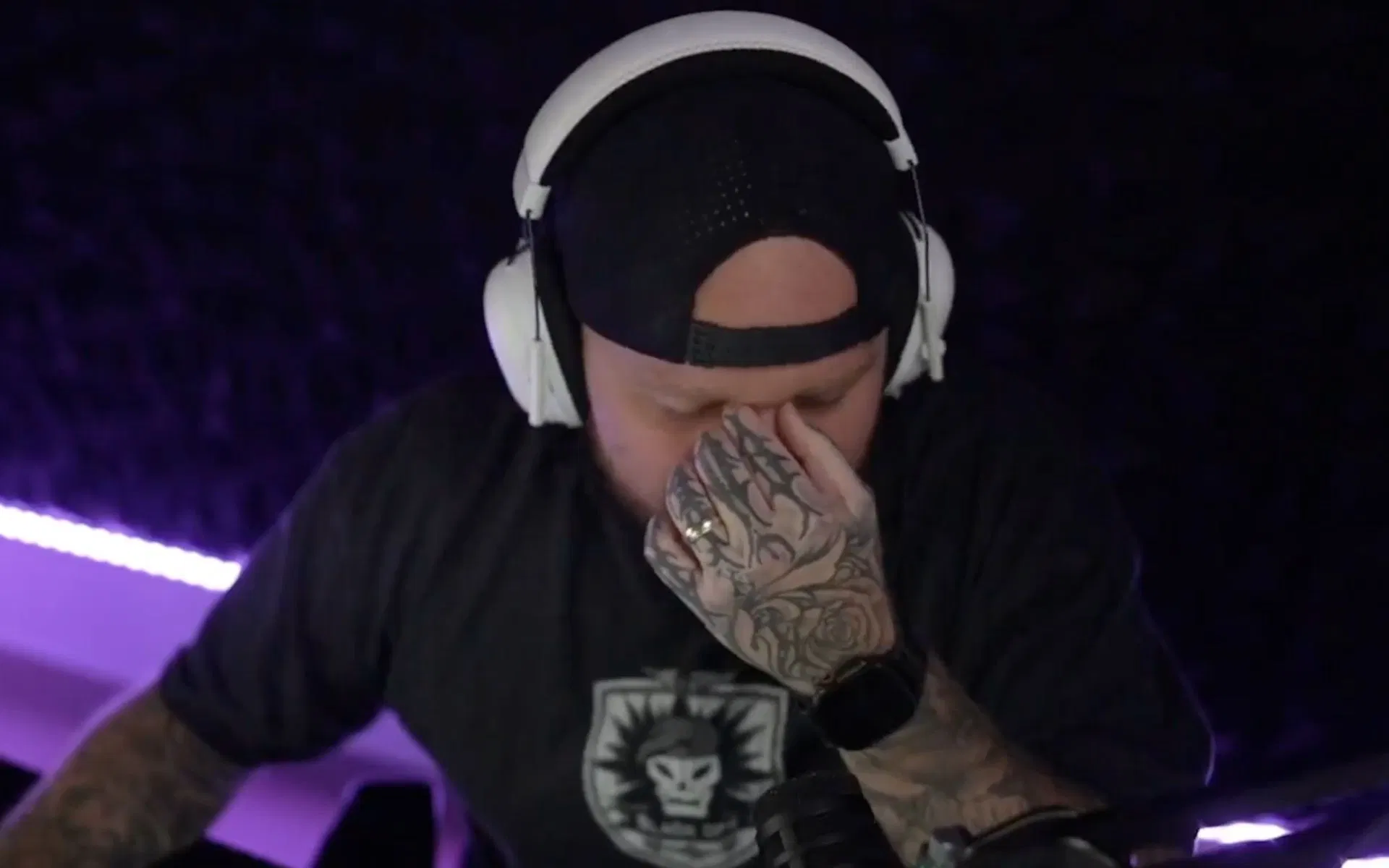
The U.S. Food and Drug Administration is moving to crack down on a chemical called 7-hydroxymitragynine, or 7-OH, a byproduct of the kratom plant.
The agency says the chemical is showing up in products like gummies, drinks, and vapes, raising concerns that it is being marketed toward kids. But kratom advocates argue that banning the compound could be even more dangerous.
Kratom is a plant native to Southeast Asia that is sold in the U.S. as a supplement for energy and pain relief. All kratom products naturally contain small amounts of 7-OH, but federal officials warn concentrated forms of the chemical pose serious health risks.
“The majority of 7-OH and kratom users use these products for pain relief,” said Dr. Michele Ross, Chief Scientific Advisor for the nonprofit 7-HOPE Alliance.
The chemical 7-OH acts similarly to traditional opioids by binding to the same receptors in the brain, producing strong pain-relieving effects. Some users report turning to kratom and 7-OH products as a way to wean off opioids.
Still, the FDA is pushing to ban 7-OH, calling it highly addictive and unregulated. Officials say the move is about preventing another opioid crisis, especially with products being sold in colorful packaging and flavors that appeal to young adults.
“We know prohibition never works,” she said. “What happens is people will turn to even more dangerous things—unregulated, untested products. Because if you’re a chronic pain patient, your pain doesn’t just go away when the substance you were using is no longer legal.”
Instead, Ross says more research is needed to fully understand the chemical and its potential benefits.
On Thursday, the FDA formally recommended classifying 7-OH as a controlled substance, placing it in the same category as opioids under federal law. The Drug Enforcement Administration will now review the recommendation and decide whether to schedule the chemical, which would ban its sale nationwide.



